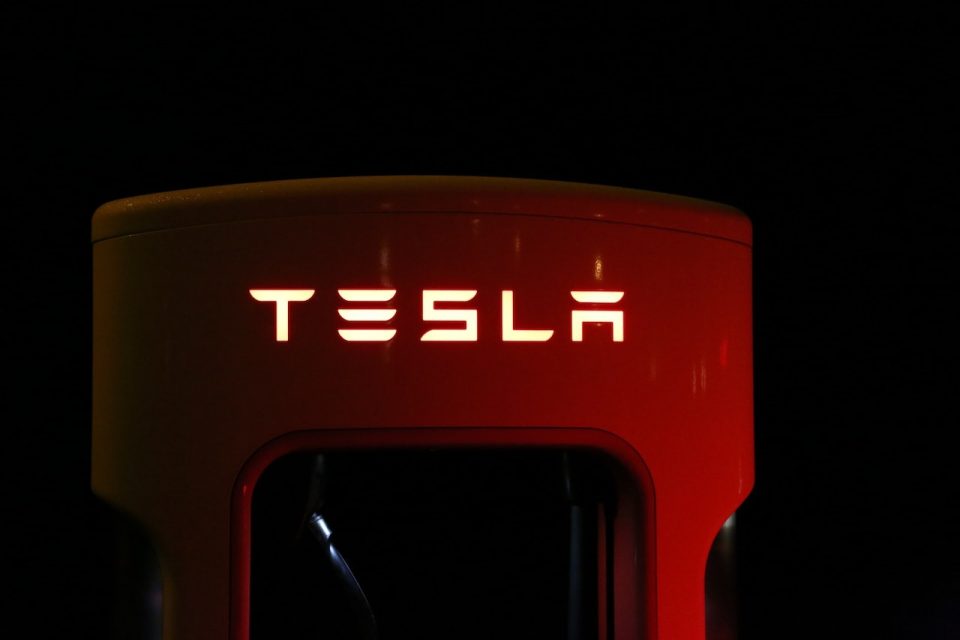Core Lithium, an Australian mining company, announced on Wednesday that it had received a notice from Tesla, the prominent electric-vehicle manufacturer, regarding a supply agreement slated for 2022. The agreement, which centered around the delivery of spodumene, a lithium-rich mineral crucial for battery production, failed to materialize within the specified timeframe.
Core Lithium disclosed that Tesla is now exploring “all available legal remedies” unless an amicable resolution can be reached between the two entities. This development raises questions about the viability of their previous collaboration and underscores the challenges associated with securing vital resources for the burgeoning electric vehicle industry.
The initial agreement, formalized through a binding term sheet in March 2020, outlined the terms and conditions for the supply of 110,000 tonnes of spodumene from Core Lithium’s Finniss project located in Australia’s Northern Territory. This material was intended for integration into Tesla’s electric vehicle batteries, a strategic move by the automaker to ensure a stable supply chain amid the global push for sustainable transportation solutions.
A subsequent stipulation between Core Lithium and Tesla established an October 26, 2022 deadline for finalizing the supply agreement. However, this deadline came and went without the expected outcome, leading to Tesla’s decision to invoke the legal course of action outlined in the agreement.
Representatives from both Tesla and Core Lithium have chosen not to provide any comments regarding the ongoing situation. This silence leaves industry observers and stakeholders speculating on the underlying causes of the breakdown in the agreement and the potential ramifications for the electric vehicle market.
The electric vehicle sector has been experiencing remarkable growth on a global scale, prompting companies like Tesla to intensify their efforts to secure essential materials critical to battery production. The demand for sustainable transportation options has led to a significant uptick in lithium consumption, highlighting the importance of reliable supply chains and fostering partnerships that can withstand the pressures of a rapidly evolving industry.
Tesla’s decision to explore legal options against Core Lithium implies allegations that the mining company failed to uphold its end of the bargain, thereby reneging on the obligations specified in the binding term sheet. As the situation unfolds, it remains uncertain how Core Lithium will address these allegations and whether the two parties can bridge their differences without resorting to formal legal proceedings.
In conclusion, the rift between Tesla and Core Lithium casts a spotlight on the intricate web of relationships underpinning the electric vehicle ecosystem. The failed supply agreement underscores the challenges of securing vital resources for the production of sustainable transportation solutions. As stakeholders eagerly await further developments, the industry watches closely to see if the dispute can be resolved through negotiations or if legal intervention will be necessary to determine the fate of this crucial partnership.
Source: Reuters

